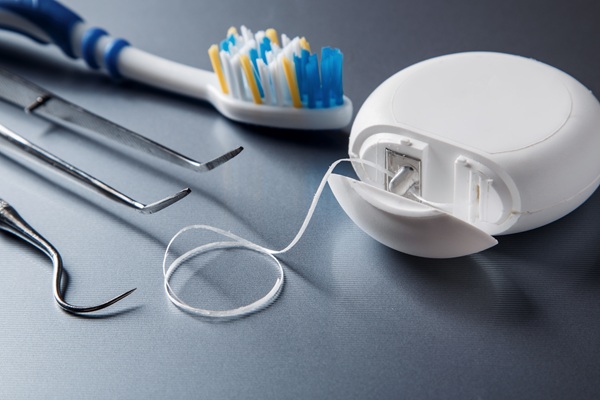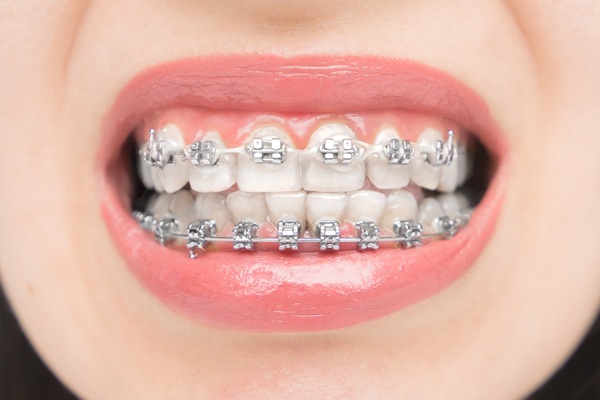For many Australian families, convenience foods have become part of everyday life. From breakfast cereals and snack bars to juice boxes and frozen meals, ultra-processed foods are quick, tasty, and heavily marketed toward children.
But behind the colourful packaging lies a serious problem: these foods are actually quietly damaging kids’ teeth, and the effects can last a lifetime.
According to a recent Grattan Institute report (2024), Australian children are consuming more added sugars than recommended, with much of it coming from ultra-processed snacks and drinks. Research shows that poor dental health in children is a growing concern in Australia.
What Are These Ultra-Processed Foods?
Ultra-processed foods are products that have been heavily modified from their original form through industrial processing. They often contain added sugars, refined carbohydrates, preservatives, flavour enhancers, and colourings to make them more appealing.
Common examples include:
- Sweetened breakfast cereals
- Fruit juices and flavoured milk
- Packaged snacks and biscuits
- Instant noodles and ready-made meals
- Lollies, chocolates, and soft drinks
As you can see, most of these can be easily found in grocery stores. While these foods are tempting to consume and might seem harmless in small amounts, frequent consumption can lead to serious damage to kids’ teeth, especially when eaten between meals or without proper brushing.
How Ultra-Processed Foods Harm Children’s Teeth
So, how can ultra-processed foods harm children’s teeth? Here are 3 ways how these foods can affect a child’s dental health.
1. Sugar Fuels Tooth Decay
When a child eats sugary or starchy foods, bacteria in the mouth feed on these sugars and produce acid. This acid attacks the enamel, which is the hard outer layer that protects teeth, leading to cavities over time.
The Grattan Institute report found that nearly 70% of children’s snacks in Australian supermarkets are high in added sugars. Many parents don’t realise that even “healthy-looking” foods like yoghurt pouches or fruit juice can contain more sugar than a can of soft drink.
Over time, constant acid attacks can wear down enamel and lead to bad teeth in kids, requiring fillings or more advanced dental care.
2. Frequent Snacking Means Constant Acid Attacks
Ultra-processed foods are designed to be addictive. Their mix of salt, sugar, and fat encourages children to crave more, which leads them to constantly graze throughout the day.
Every time a child eats, their mouth becomes slightly acidic for about 20 minutes. If snacking happens frequently, teeth do not get a chance to recover. This cycle increases the risk of tooth decay and erosion, even in children who brush twice daily.
3. Soft Drinks and Flavoured Juices Erode Enamel
Sugar is not the only harmful substance in these ultra-processed foods. The acids present in soft drinks, fruit juices, and sports drinks can also dissolve enamel directly. Over time, enamel thinning can cause sensitivity, discolouration, and structural weakness, leaving teeth more prone to cavities and breakage.
Even sugar-free soft drinks can be acidic enough to damage kids’ teeth, making water and plain milk the best daily choices for hydration.
Is There A Link Between Diet And Dental Development?
Many parents focus on sugar and cavities, but what children eat also affects how their teeth and jaws grow. For instance, a diet high in soft, processed foods does not give the jaw the chewing exercise it needs for proper development.
In the long run, this can contribute to crowding and bite problems that may require orthodontic care later in life. While adult braces or clear aligners can correct these issues, prevention is always better, and it starts with a healthy diet and early dental care for kids.
How Parents Can Protect Their Child’s Smile
So, as parents, how can you protect your children’s dental health? Here are a few tips that parents and guardians can use to ensure their child’s smile is protected in the long term.
1. Choose Whole Foods Over Processed Snacks
Offer fruits, vegetables, cheese, nuts, and whole-grain options instead of sugary treats. Foods that need chewing help produce saliva, which neutralises acids and naturally protects teeth.
2. Limit Sugary Drinks and Encourage Water
Water is the safest drink for healthy kids’ teeth. It washes away food particles and does not contain sugar or acid that may directly affect their enamel. If you live in an area with fluoridated water, it also helps strengthen their teeth.
3. Set Regular Meal and Snack Times
Try to reduce constant snacking. Having structured meal times gives saliva a chance to repair tooth enamel between eating sessions.
4. Start Dental Visits Early
Children should see a dentist by their first birthday or when their first tooth appears. Early visits allow dentists to detect potential problems early and give tailored advice for your child’s dental care.
5. Brush Twice a Day with Fluoride Toothpaste
Help your child brush in the morning and before bed for at least two minutes each time. Use a pea-sized amount of fluoride toothpaste and make sure they spit out the foam instead of swallowing.
It’s best to start early when promoting good habits for keeping their teeth healthy to help them understand that their teeth also deserve the same care as their physical health.
Building a Healthier Future for Kids’ Smiles
Protecting your child’s smile is not just about brushing, but also understanding what’s on their plate and in their lunchbox. Ultra-processed foods may be convenient, but the long-term effects on dental health can be costly and painful.
By encouraging a balanced diet, limiting sugary snacks, and keeping up with regular dental check-ups, parents can help ensure healthy kids’ teeth that last a lifetime.
Ask for more guidance when it comes to children’s dentistry in Bellevue Hill at Bellevue Hill Dental. Our friendly dentists can help you understand your child’s dental needs, offer guidance on nutrition, and provide gentle, preventive care.
Book a check-up today and give your child’s smile the healthy start it deserves.



